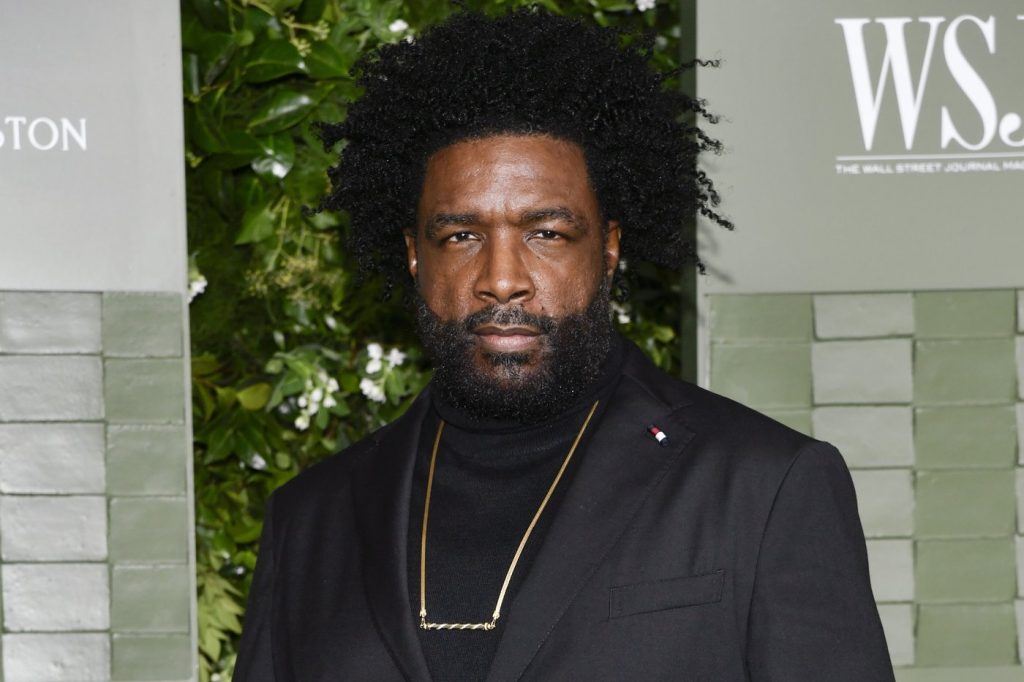The documentary "Ladies and Gentlemen … 50 Years of SNL Music," directed by Ahmir "Questlove" Thompson, showcases a unique perspective on the musical legacy of "Saturday Night Live" (SNL) over the past five decades. The film begins with a striking "cold open" that features a mashup of performances from a variety of artists, including R.E.M., Morris Day, Rick James, Duran Duran, Hanson, and Cher. This blending of genres demonstrates Questlove's musical acumen, honed through his experience as a DJ, which enabled him to mix songs by considering their beats per minute and musical keys.
Creating this documentary was a lengthy process that took 11 months, during which Thompson initially envisioned compiling the top 50 performances. However, he abandoned this idea to avoid it being perceived as merely his subjective list. Instead, he aimed to represent the significance of being invited to perform on the iconic show, recognizing that it fundamentally alters an artist's public perception. Miley Cyrus is quoted in the film, stating, "It changes the way that you’re seen in a way that no other show can do."
The documentary features a multitude of engaging anecdotes, including the reasons behind why Rage Against the Machine caused unease for the U.S. Secret Service. It also reflects on notable controversies, such as Sinead O'Connor tearing a picture of the Pope and Kanye West's MAGA meltdown, providing context to understand the impact these moments had on the show and its audience. Questlove emphasizes that the documentary is not just about past performances but also how music has influenced SNL's comedic sketches throughout its history.
Notably, the film captures how various memorable moments began with feelings of doubt among artists. Eddie Murphy was initially hesitant to impersonate James Brown in a sketch, and Joe Piscopo had concerns about portraying Frank Sinatra. These self-doubts highlight the challenges artists face even when presented with significant opportunities. Questlove notes that Jimmy Fallon's career was notably shaped by a skit in which he encountered Mick Jagger, indicating the transformative power "SNL" holds for many performers.
With respect to his own background, Questlove credits "Saturday Night Live" as a crucial part of his musical education. Growing up in Philadelphia, his parents allowed him to watch music-based or educational shows, which led him to tune into "SNL" and "Soul Train." He believes that watching these performances in SNL's early years equipped him with a musical vocabulary that was integral to his development as an artist.
For the documentary, Questlove immersed himself in 50 years of episodes, meticulously noting key moments. While the film includes a range of musical performances—from early rap acts like Funky 4+1 to modern stars like Kendrick Lamar—the creators chose to omit certain iconic segments, such as Steve Martin's "King Tut" song and Neil Young's "Rockin' in the Free World," to avoid redundancy with other documentaries.
Questlove, who has long been involved with "SNL" through skits and musical performances, expressed a desire to one day be a musical guest himself. The Roots, his band, is expected to release an album later this year, keeping the possibility alive for a future appearance on the show.
The documentary ultimately serves as a tribute to the profound relationship between music and comedy on "Saturday Night Live," showcasing how performances have shaped cultural conversations and highlighting the show's role in the evolution of musical acts. Through compelling storytelling and reflections from both artists and producers, Thompson's film encapsulates the essence of SNL's musical journey, celebrating its impact on both the artists and the audience alike.










